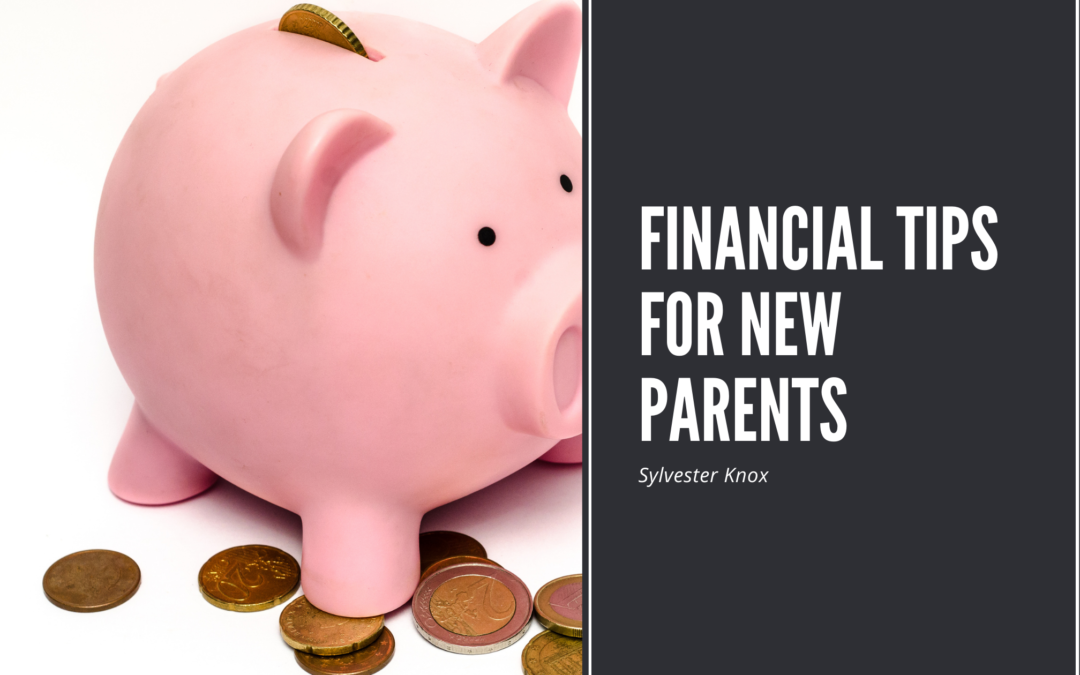It’s important to note that it’s costly to raise a child, and before one decides to become a parent, some things need to be addressed first and foremost. A child comes with a large number of expenses such as daycare, diaper costs, health insurance, and so forth. All these financial obligations are inevitable when having a child, and if you’re not prepared, you might end up straining your finances.
One of the most life-changing events is becoming a parent. One changes from being responsible for their own lives to having to be responsible for both themselves and their child. Therefore, it requires deliberate preparation before embarking on this journey, not just weeks before the baby arrives but before you even contemplate having a child. Based on data and research conducted on the average household American, it’s estimated that child expenses from birth up to until they reach the age of 17 will spend approximately $233,500 on average. Therefore, potential parents need to be well prepared. Below are a few tips you can incorporate in your plan to ease the journey of becoming a parent.
Adding your child to your insurance coverage
It’s important to notify your insurance provider when you have a child to add them to your insurance plan. It’s not enough to assume that your insurance cover will automatically cover your child’s health expenses. Things don’t work that way, and one might wake up to a rude shock. Fortunately, most insurance health policy providers allow one to enroll their siblings into their cover. In most cases, the insurance policy requires a child to get added one to two months post-delivery.
Make necessary HAS contribution
Health Savings Accounts are essential for paying any current or future health-related expenses either for you or your family. Unfortunately, these are some of the underappreciated pretax benefits that one should take advantage of. Health savings accounts are pretty important. When the money is contributed to your savings account and not utilized that particular year, it will be rolled over to the following year. In addition, the money in a Health Savings account does not attract any tax whatsoever. The annual contribution for a health savings account can get deducted from your paycheck if you are employed, and the maximum limit for each family gets set at $6,850.

